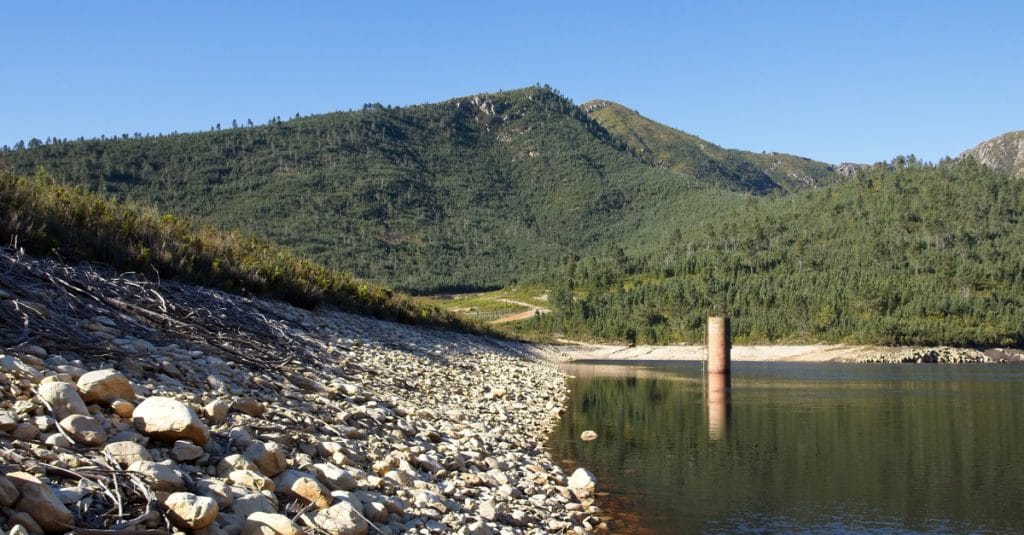In Algeria, the last phase of the National Reforestation Plan (NRP) has been operational since the 1st of October 2019. Its objective is to plant 43 million plants and shrubs across the country. According to the Managing Director of Forests, Ali Mahmoudi, 25 million units will be devoted to the first stage of the operation, while the rest, 17 million plants, will be gradually planted during the campaign, which runs until March 2020.
“We are at a critical juncture in our country’s history, which requires us to pay attention to environmental challenges and address major natural hazards such as desertification, which further complicates the task with climate change and threatens biological resources and ecological balance,” said Salah Eddine Dahmoune, Minister of the Interior, Local Government and Land Use Planning. According to the Minister, 10 m2 of green space per inhabitant must be achieved in cities, streets, public spaces and public bodies. Mr Dahmoune also assured that every effort will be made to carry out the NRP, to enhance and use its results to honour Algeria’s international commitments.
820,000 hectares of land reforested in 18 years
The National Reforestation Plan is a component of Algeria’s National Plan for Agricultural and Rural Development (PNDAR), implemented in 2000. Its purpose is to develop land, combat desertification, protect and enhance natural resources in the context of sustainable rural development. The plan drawn up in 1998 aims to extend Algeria’s forest heritage by 1,250,000 hectares over a 20-year period and thus increase the afforestation rate from 11% to 13% by 2020.
According to the authorities, this reforestation is segmented into 75,000 ha for industrial cork oak reforestation, 250,000 ha for production reforestation, 895,260 ha for watershed protection reforestation and the fight against desertification and 25,640 ha for leisure and recreation reforestation.
In October 2018, the NRP had an implementation rate of 66%. This represents a total area of 820,000 hectares of land reforested in 18 years.
Boris Ngounou
